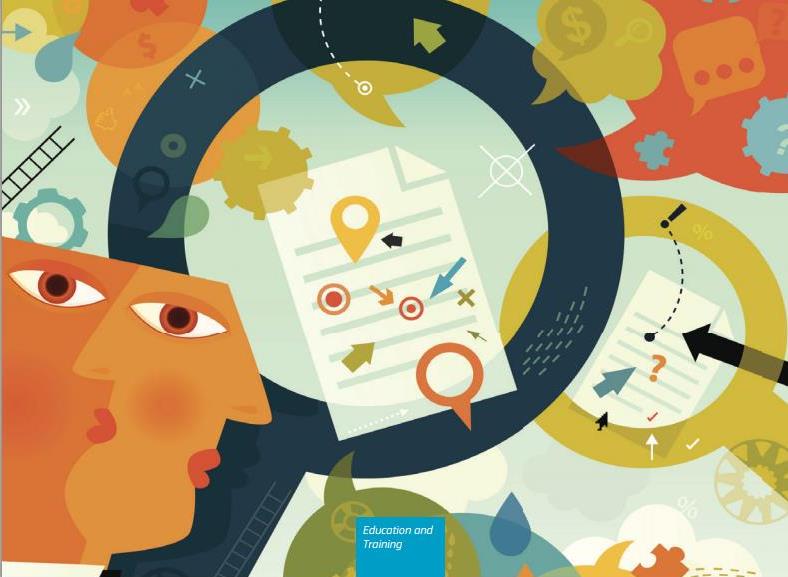New Eurydice Report: New approaches to the education evaluation in Europe
Published:
Assuring Quality in Education: Policies and Approaches to School Evaluation in Europe (January 2015) - The new Eurydice report examines the two major types of school evaluation: external evaluation, conducted by evaluators who are not directly involved in school activities, and internal evaluation, where most evaluators are members of the examined school's staff.
External school evaluation: In most cases, external school evaluation assesses a broad range of school activities, such as educational and management tasks, student outcomes, the quality of teaching, and compliance with regulations. The exact areas monitored differ from one country to the next. In most systems, evaluation criteria are set at central level and outline not only what the external evaluation should focus on but also define what a 'good' school would look like according to a set of standards. The main steps of the external school evaluation process are the same in all European countries. The process is largely based on a three step approach: preliminary analysis, site visits, and reporting.
Internal school evaluation: Over the past decade, a number of countries have shifted from recommending internal school evaluation to making it compulsory. As a result, internal school evaluation is now obligatory in 27 education systems. Where it is not compulsory, it is generally recommended, with the exception of Bulgaria and France (primary school level) where it is neither recommend nor compulsory. All countries, with the exception of Bulgaria, employ at least one or more supporting measures to help schools carry out internal evaluations.
ETUCE Declaration together with EFEE (European Federation of Education Employers) underlined that evaluation of the quality assurance in education at school level should be a combination of self-evaluation and based on social dialogue between the actors of the schools. The wide variation between models of self-evaluation systems in countries make it highly unlikely that a single model of "best" practice could be identified and recommended for all European countries. In order to operate a self-evaluation culture that is accepted at all levels (by school, school leaders, teachers, non-teaching staff, students/pupils and parents), the European social partners in education underline the importance of the following features of a self-evaluation process: clarity, inclusivity, simplicity and consistency.
In addition, it should not be a punitive process of the ministerial authorities. It is essential that this combined quality assurance should give a feedback to the staff and school leaders for example on how a reform process is implemented. Furthermore, independent agencies can evaluate all levels of the educational system and identify areas at school or system level that need to be developed or changed to support further improvement and progress of quality at a given school.